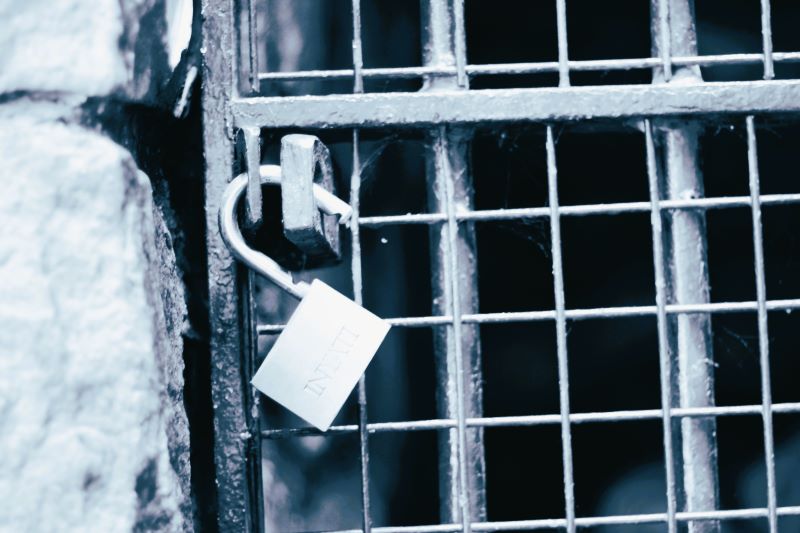God said to Noach, “The end of all flesh has come before Me; the world is filled with crime because of them. I am going to destroy them with the earth.” (Bereshith 6:13)
The Great Flood destroyed almost all life on earth because of theft. The items people stole were worth less than the value of a prutah – a very small sum of money indeed. They were items of such little value that a beith din would not even deal with their theft. 1 Why did such “petty larceny” warrant the destruction of so many living creatures?
Upon closer inspection we see that this seemingly minor crime can have very far-reaching ramifications. Large-scale theft will never lead to the major breakdown and eventual downfall of society, for society can protect itself from such crimes with prisons and other penalties. It is the small crimes which hover below the threshold of legal jurisdiction that drive a society to ruin, for the justice system cannot prevent them.2
Halachah forbids us to steal even something whose value is less than a prutah.3 Surely people do not care about such a small sum of money – can we not assume that the owner will be willing to forgive the theft of something of so little worth? Although he may pardon the actual loss, the owner would certainly be distressed to know that he had been robbed of any amount at all. From the moment the owner experiences that distress until the moment he pardons the action the thief is liable for transgressing the prohibition against stealing. Since the owner will be disturbed that he has been robbed, the halachah declares that the action is forbidden.4
Since objects that are used frequently can be used up very quickly, we should never assume that the owner will not mind if we “take only one.” The person who left a jar of instant coffee in the office, for example, may be quite frustrated to find it empty after others have helped themselves. Unless you are absolutely certain that your taking a spoonful or two will not matter to the owner (i.e., the owner has told you, or has written so on the jar), helping yourself to someone else’s coffee would constitute an act of theft, and a transgression of a Torah prohibition. In the same vein, one can assume that a hotel owner does not want visitors to take home the hotel’s towels and washcloths, and that an airline company would not appreciate people taking pillows and blankets from the airplane for their home use.
A QUESTION OF INTEGRITY-If someone attends a wedding or another simcha, may he bring food home for his wife or family? Answer in forthcoming e- mail. Other questions welcomed.
1. Bereshith Rabbah 31:5.
2 Commentary of Rav S. R. Hirsh.
3 Sanhedrin 57a.
4 Sema, Choshen Mishpat 359:2; also, Maggid Mishneh on the Rambam, Mishneh Torah, Laws of Theft 1:1.
Text Copyright © 2008 by Rabbi Daniel Travis and Torah.org


